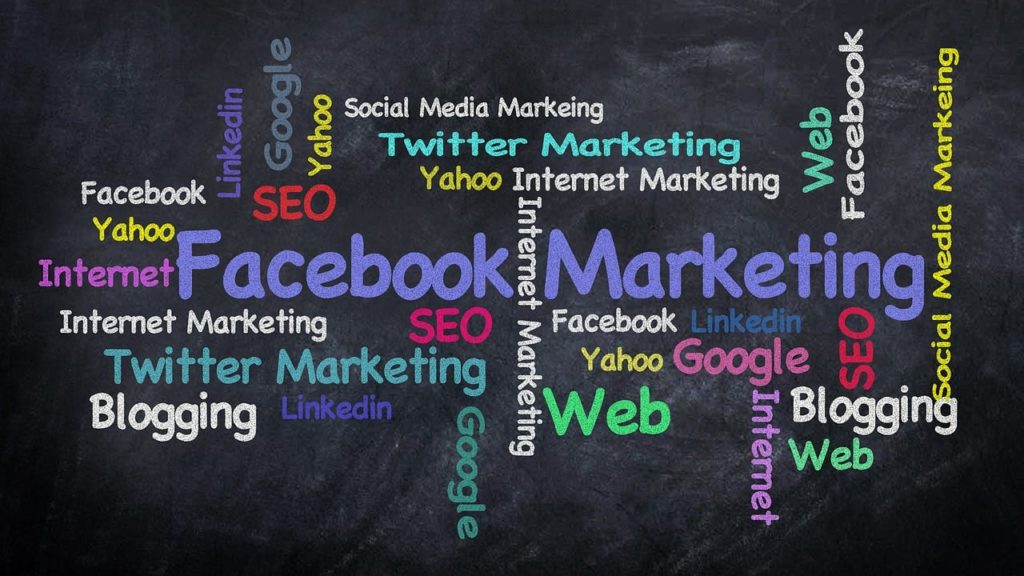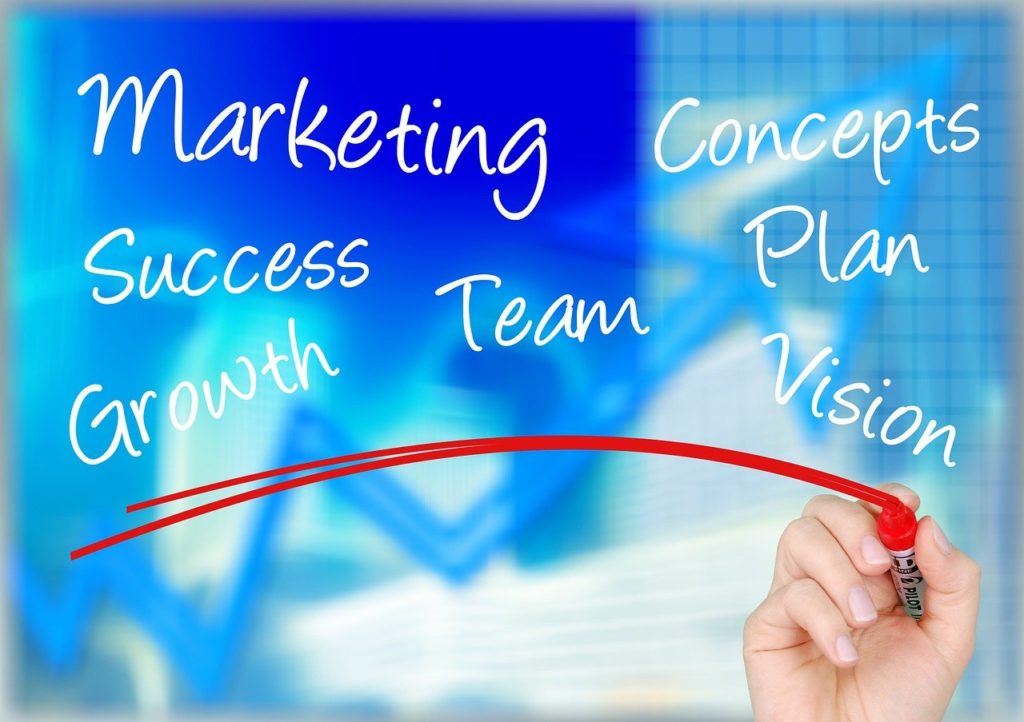
As we hurtle into an era where technology and consumer behavior intersect, the rise of AI in marketing stands as a pivotal chapter. It’s not just about algorithms and data; it’s a transformative journey that unfolds opportunities, presents challenges, and sparks predictions for an unprecedented future. So, buckle up as we delve into the realms of AI, exploring its historical evolution, current impact, and the tantalizing possibilities that lie ahead in the ever-evolving marketing cosmos.
Historical Perspective of AI in Marketing
Evolution of AI in Marketing Strategies
In tracing the roots of AI in marketing, we embark on a journey marked by technological leaps and strategic innovation. The initial foray saw the integration of rudimentary algorithms to analyze consumer data. As the digital age dawned, AI stepped onto the marketing stage, introducing a seismic shift in how businesses connect with their audience.
From rule-based systems to machine learning, the evolution has been rapid. Early AI applications in marketing focused on automating repetitive tasks, optimizing ad placements, and streamlining customer segmentation. With each stride, the symbiosis between AI and marketing strategies deepened, giving rise to a new era where data-driven decisions became the cornerstone of success.
Key Milestones and Breakthroughs
The timeline of AI in marketing is punctuated by milestones that reshaped the industry’s landscape. The advent of natural language processing (NLP) marked a turning point, allowing brands to engage with consumers through chatbots and personalized messaging. Image and voice recognition technologies soon followed, ushering in an era where visual and auditory elements became integral to marketing campaigns.
Breakthroughs in predictive analytics empowered marketers to forecast trends and consumer behaviors with unprecedented accuracy. The amalgamation of AI and big data ushered in a new paradigm, where the vast sea of information became a navigable asset for crafting targeted and impactful marketing strategies.
Impact on Traditional Marketing Approaches
The impact of AI on traditional marketing approaches cannot be overstated. Where once decisions relied on intuition and broad demographics, AI introduced precision and personalization. Traditional advertising mediums faced a seismic shift as AI algorithms fine-tuned ad targeting, ensuring messages resonated with the right audience at the right time.
The era of mass marketing gradually gave way to hyper-targeted campaigns, with AI deciphering individual preferences and tailoring content accordingly. As AI algorithms refined their understanding of consumer behavior, the marketing playbook evolved, demanding a dynamic approach that embraced data-driven insights.
In this historical exploration, we witness the unfolding narrative of AI entwining with marketing, redefining strategies, and challenging the status quo. The journey continues as we navigate through the currents of innovation, setting the stage for the multifaceted impact of AI in the marketing landscape.
Current Landscape of AI in Marketing
Applications of AI in Various Marketing Channels

Social Media Marketing
AI has become the silent architect behind the scenes of your favorite social media platforms. From suggesting personalized content to predicting what you might like, AI algorithms are the driving force. Marketers leverage AI to analyze user behavior, making social media campaigns more targeted and engaging.
Content Creation and Optimization
Ever wondered how some articles or ads seem tailor-made for you? AI is at the heart of content creation and optimization. It helps generate personalized content, fine-tune headlines, and even suggests the best posting times for maximum impact. Say goodbye to generic messages – AI ensures your content speaks directly to your audience.
Customer Relationship Management (CRM)
In the world of CRM, AI acts as a digital assistant, organizing and analyzing customer data. It helps businesses understand their customers’ preferences, predict future needs, and provide a more personalized experience. AI-driven CRM systems make customer interactions smoother, fostering long-lasting relationships.
Email Marketing
AI brings a touch of personalization to your inbox. It analyzes user behavior to tailor email content, making messages more relevant and engaging. From recommending products based on past purchases to crafting subject lines that capture attention, AI has transformed email marketing into a finely tuned, targeted strategy.
Case Studies Highlighting Successful AI-Driven Marketing Campaigns
Let’s dive into real-world examples where AI turned marketing visions into success stories:
Personalized Recommendations: Amazon
Amazon’s recommendation engine is a shining example of AI in action. By analyzing past purchases and user behavior, Amazon suggests products tailored to individual preferences, creating a highly personalized shopping experience.
Chatbot Engagement: Sephora
Sephora employs AI-powered chatbots to assist customers in finding the right products. These virtual assistants provide personalized recommendations, answer queries, and guide users through the beauty shopping journey, enhancing customer satisfaction.
Opportunities Created by AI in Marketing
Enhanced Personalization and Customer Targeting
Imagine a marketing approach that understands your preferences like a close friend. With AI, that’s not just a dream – it’s a reality. Enhanced personalization is one of the key gifts AI brings to the marketing table. By analyzing customer data, AI tailors marketing messages to individual tastes, ensuring that what reaches the audience is not just relevant but resonates on a personal level. This level of personalization fosters stronger connections between brands and consumers, creating a more engaging and memorable experience.
Improved Data Analytics for Actionable Insights
In the vast landscape of data, AI acts as a guide, transforming raw information into actionable insights. Traditional analytics tools can be overwhelmed, but AI effortlessly navigates through massive datasets, extracting meaningful patterns and trends. This ability to make sense of data not only aids in understanding customer behavior but also empowers marketers to make informed decisions. The result? Strategies that are not just based on intuition but grounded in data-driven precision.
Automation of Routine Tasks for Increased Efficiency
AI doesn’t just crunch numbers; it’s a productivity powerhouse. Mundane and repetitive tasks that once consumed valuable time can now be automated. From scheduling social media posts to data entry, AI takes on the routine, allowing marketers to focus on the creative and strategic aspects of their work. This newfound efficiency not only saves time but also enhances overall productivity, enabling marketing teams to channel their energy into activities that truly drive results.
Real-time Marketing Opportunities
The world moves fast, and so does marketing with AI. Real-time analytics and insights provide a unique advantage, allowing marketers to adapt and respond instantly to changing trends and consumer behaviors. Whether it’s adjusting a campaign strategy on the fly or delivering personalized content in the moment, AI opens the door to a dynamic and agile approach to marketing. Real-time opportunities mean staying ahead of the curve and capturing the attention of an audience that is always on the move.

Challenges and Ethical Considerations
Privacy Concerns and Data Security
In the age of AI-driven marketing, the fine line between personalization and invasion of privacy becomes a critical consideration. As algorithms analyze vast amounts of user data, concerns regarding how personal information is handled and stored arise. Customers worry about the security of their data, making it imperative for marketers to strike a delicate balance between customization and respecting privacy boundaries. Addressing these concerns becomes not just a legal obligation but a moral imperative in the ethical use of AI in marketing.
Potential Job Displacement and Workforce Challenges
The rise of AI brings with it the specter of automation and the potential displacement of certain job roles. As routine tasks become automated, there is a shift in the skills required by the workforce. Marketers may find themselves in a landscape that demands a blend of creativity and technological proficiency. Navigating this transition poses challenges for both employers and employees, necessitating upskilling initiatives and a thoughtful approach to workforce management.
Bias and Fairness Issues in AI Algorithms
AI algorithms are only as unbiased as the data they are trained on. The inherent danger lies in perpetuating existing biases, inadvertently discriminating against certain demographics. This bias can seep into marketing strategies, resulting in unfair targeting or exclusion. Ethical considerations demand a vigilant approach to ensure AI algorithms are transparent, unbiased, and designed to serve diverse audiences without reinforcing stereotypes or discriminatory practices.
Regulatory Challenges in the Marketing AI Landscape
As AI in marketing evolves, so do the challenges of regulation. The dynamic nature of technology often outpaces regulatory frameworks, creating a potential Wild West scenario. Striking the right balance between fostering innovation and safeguarding consumers requires a delicate touch. Ethical marketing practices must align with evolving regulations to ensure responsible and accountable use of AI in the ever-changing marketing landscape.
Addressing these challenges is not just a matter of compliance but a commitment to ethical marketing practices. By proactively engaging with these issues, businesses can build trust with consumers and contribute to the responsible development of AI in the marketing domain. The ethical considerations surrounding AI in marketing are pivotal in shaping an industry that not only embraces innovation but does so with a keen awareness of its impact on individuals and society.
Predictions for the Future
The crystal ball of AI in marketing reveals exciting trends on the horizon. Chatbots that communicate with customers seamlessly, hyper-personalized content driven by predictive analytics, and augmented reality experiences are set to become the norm. The integration of AI with augmented reality could bring products to life in ways we’ve never imagined, creating immersive and interactive marketing campaigns that capture attention and engagement.
The future of AI in marketing holds the promise of smarter algorithms. Machine learning models will become more sophisticated, enabling marketers to decipher complex patterns in consumer behavior with even greater accuracy. We anticipate advancements in natural language processing, allowing AI to understand context and sentiment, leading to more nuanced and authentic interactions between brands and consumers.
The ripple effect of AI in marketing will reshape the entire industry. Marketing strategies will no longer be static; they’ll be adaptive and responsive. The concept of the “customer journey” will evolve into a dynamic experience, guided by real-time insights. AI will democratize marketing capabilities, empowering businesses of all sizes to harness the potential of data-driven decision-making, fostering innovation and competition.
Speculations on the Role of AI in Shaping Consumer Behavior
As AI becomes more ingrained in marketing, its influence on consumer behavior will be transformative. Predictive analytics will anticipate needs before consumers are even aware of them, creating a more anticipatory and personalized shopping experience. Voice-activated AI assistants will become companions in decision-making, offering recommendations and insights in real time. The blurred lines between online and offline experiences will further dissolve, creating a seamless and interconnected consumer journey.
In these predictions, we glimpse a future where AI is not just a tool but an integral part of the marketing DNA. It’s a future where creativity and technology converge to redefine how brands connect with their audience. As we navigate this exciting frontier, the key lies in embracing these advancements with responsibility and foresight, ensuring that the future of AI in marketing aligns with the values and expectations of an evolving society.
Conclusion
In the symphony of marketing, AI has emerged as a transformative maestro, orchestrating personalized experiences, unlocking possibilities, and challenging norms. From revolutionizing channels to navigating ethical considerations, AI is not just a tool but a dynamic force shaping the marketing narrative.
As we gaze into the future, anticipate smarter algorithms, and witness AI redefine the consumer journey, the key is a mindful embrace of innovation. In this chapter of marketing history, AI isn’t the end; it’s a powerful beginning a fusion of creativity, technology, and human connection. Welcome to a future where marketing evolves into an art form resonating with the soul of its audience. The journey continues, and the possibilities are boundless.
